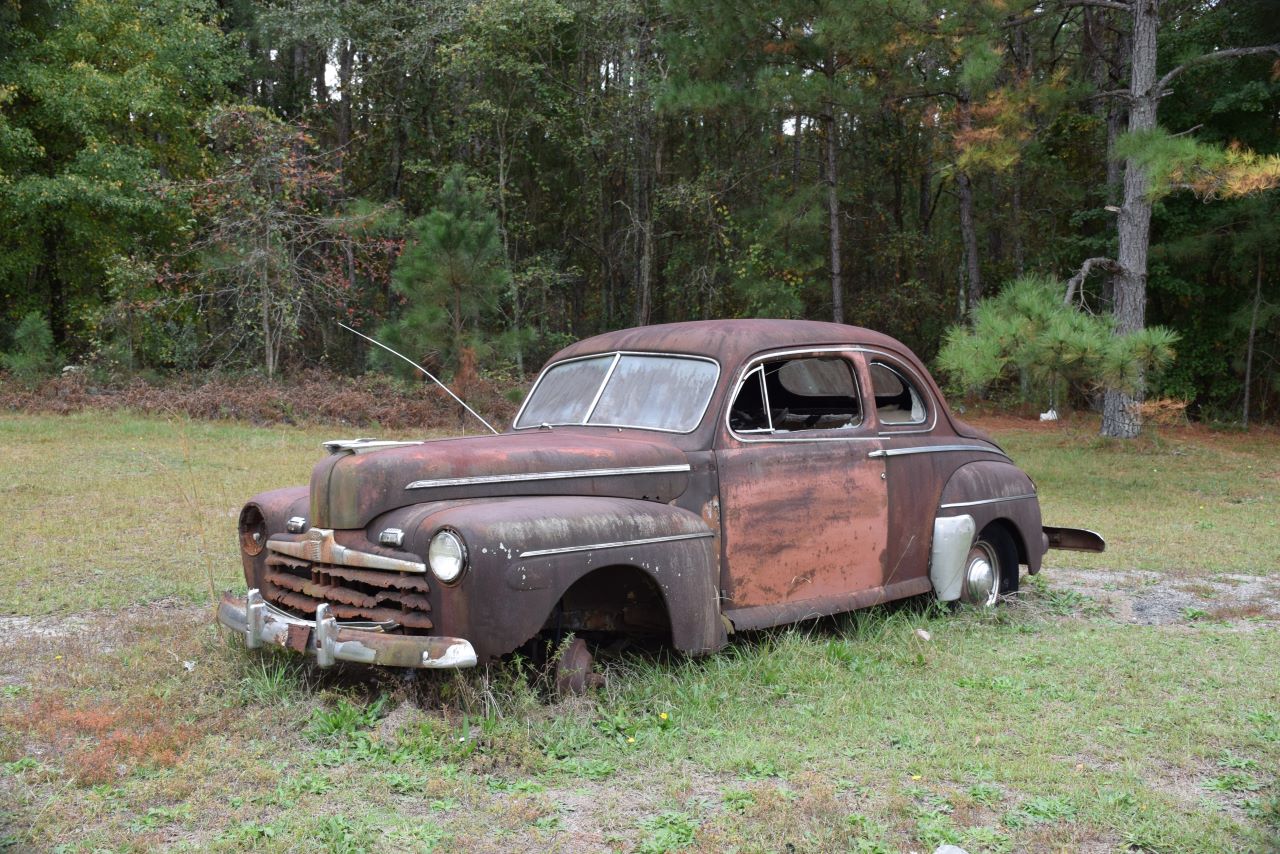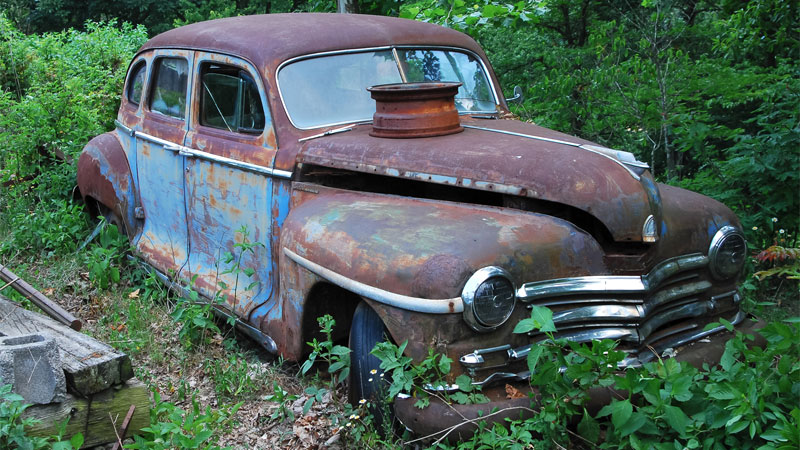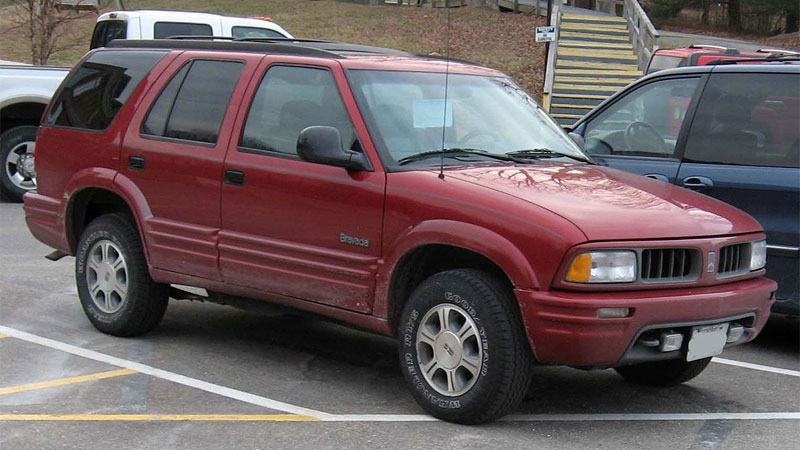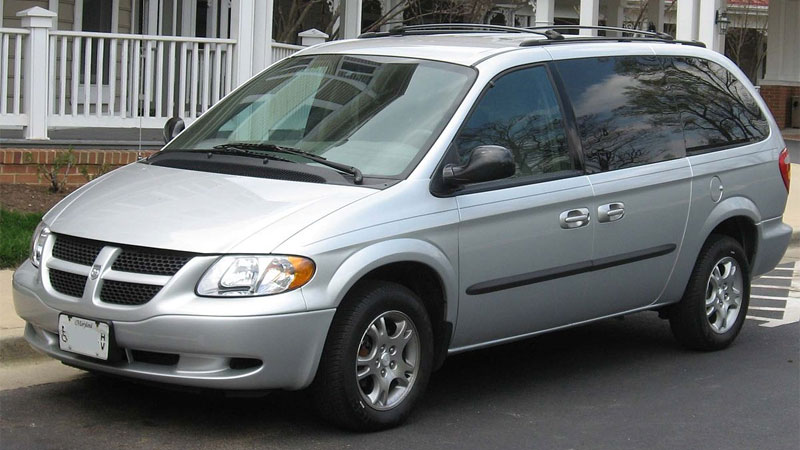It is not unusual for us to become attached to our vehicles, especially given the amount of time we spend with them. That emotional connection, however, can come at a great cost to you. Especially, as it ages and repair costs surge.
There is a time when a vehicle is no longer suitable to own or drive, with the salvage yard a possible destination for it.
But how exactly do you know when the time is right to throw in the towel and stop trying to salvage your old car? Here are some tell-tale signs to consider as you weigh that decision.
Signs You May Need a New Car
1. It Is Over 20 Years Old
If your car is over a decade old, it could be in excellent condition, and drivable for years to come. On the other hand, if you are continually taking it to a mechanic, then that is a key sign you might be better off cutting your losses and doing what many Americans do by obtaining cash for cars.
Only you will know when that point comes, but older cars, when they experience loads of issues, are often best retired.
2. Repairs Beget More Repairs
If you take your car to the shop to fix a leaking radiator, that is one thing. But if the mechanic discovers that the head gaskets are worn or one of the cylinders needs replacement, then you are looking at a huge bill.
Engine work involves some of the most expensive repairs owners can make on their cars. Replacing or rebuilding a transmission will also cost you thousands of dollars. Likewise, if the frame is bent, the repairs required to fix it may exceed the vehicle’s cost.
An honest and accurate assessment of the repairs required, and the vehicle’s value will show you whether making repairs is worth it or not. Verify the vehicle’s price through Kelley Blue Book. If the repairs exceed that, then cutting your losses makes sense.
3. It Is Overrun by Rust

Rust is a common problem for car owners, and it is not unusual for a car to pick up surface rust due to local climate conditions and other factors. However, if that rust has spread to the frame of your vehicle, and if there is a whole lot of it, then that does not bode well for the safety of your car.
Indeed, a rusty frame can compromise the integrity of your vehicle to the point where it is simply unsafe to drive. If you spot rotted holes, stress cracking, soft spots, corroded brackets, or easily bendable metal, then it may be time to scrap that rust bucket.
4. The Car Guzzles Gas
High fuel prices are certainly a drag and we are in the midst of record-breaking prices. All things considered, fuel-efficient vehicles are in high demand. But not so much for a gas guzzler. A high-powered V8 may be a blast to drive, but averaging 12 mpg on premium-grade gasoline is hard to swallow.
Few of us can afford weekly $85 trips to the pumps. You can pay half that by switching to a modern, fuel-efficient model that averages close to 30 mpg. Even finding a common ground where performance and efficiency are balanced can reduce your costs significantly.
5. Your Needs Have Changed
Junking a car makes sense if it is beyond repair. But what if your vehicle is in decent shape, but your needs have changed? Like many people, your needs shift as do your circumstances.
For instance, that roadster you purchased while single, won’t serve your growing family. Instead, a sedan, crossover, or minivan may be the better choice. You may have an emotional connection to a sports car, but if your budget no longer allows for maintaining an extra car, then selling it makes sense.
Letting Go of a Car
It can be difficult to let go of a favorite ride, but sometimes that is the best decision to make. But this is especially so when safety and repairs are the top considerations in making that determination.
- History of the Chevrolet SSR: The Retro-Styled Convertible Pickup - Apr 25, 2024
- The History of the BMW M Coupe (the “Clown Shoe”) - Mar 26, 2024
- The History of the Ford Flex - Feb 28, 2024



